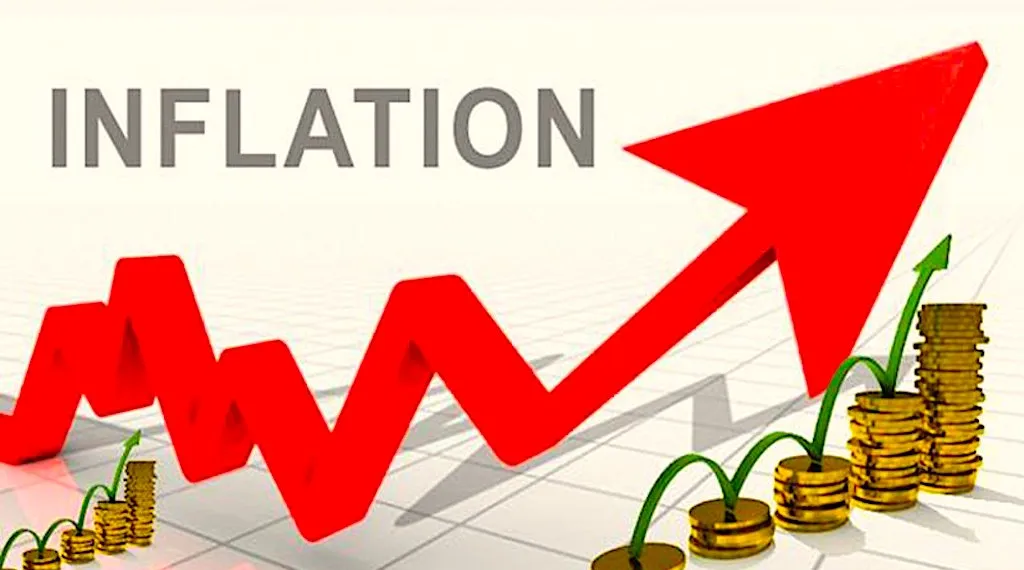Latest data released the International Monetary Fund (IMF) has predicted that Nigeria’s inflation rate will stabilize at 14 per cent by the year 2029, indicating a potential end to the current upward trend.
This forecast is a welcome relief amidst worries about the rising inflation rate. As of April 2024, the rate stands at 33.69%, which differs from the IMF’s prediction of 24.6% for the year, according to the National Bureau of Statistics.
Africa Today News, New York reports that the data from IMF suggests that the inflation rate will gradually decline from 23 per cent in 2025 to 16 per cent in 2026, 15.4 per cent in 2027, and 14 per cent in both 2028 and 2029.
This predicted stabilization is believed to be a welcome development for the Nigerian economy, which has been grappling with rising inflation and interest rates.
Nigeria’s economy has been facing challenges in recent times, with rising inflation and interest rates posing significant threats to economic growth and stability.
The Central Bank of Nigeria has implemented various measures to address these challenges, including the increase in interest rates at the 295th MPC meeting in May 2024.
Read Also: Stop Electricity Subsidy Now, IMF Urges Tinubu’s Govt
However, economists have raised concerns over the continued increase in inflation and interest rates, urging the government to address the underlying drivers of inflation, which are primarily food and transportation costs.
The Chief Economist, SPM Professionals, Paul Alaje, to newsmen decried the increase in the Monetary Policy Rate.
He said, “I do not encourage any increase in MPR because the increase would have implications.
“Already within 4 weeks, we have seen the Monetary Policy Committee increase on 600 basis points, the MPR.
Alaje asserted that Nigeria is getting poorer and the economy is growing at a slow pace.
“We need to look at other tools rather than monetary tools in providing solutions to our economy. Monetary authorities have tried their best and we have seen so many things they have brought, however, despite all of the efforts, the exchange rate is back at 1,500 heading towards 1,600.
“Our solution would go beyond forcing and using monetary tools when we know that it is not just money supply influencing what we have,” he said.
However, another economist Jonathan Thomas said he believed “the IMF prediction of a stabilised inflation rate in 2029 is a positive indicator for the Nigerian economy. However, the government and monetary authorities must remain vigilant and implement policies that address the root causes of inflation.”
The current increase in inflation and interest rates has significant implications for businesses, households, and the overall economy.
